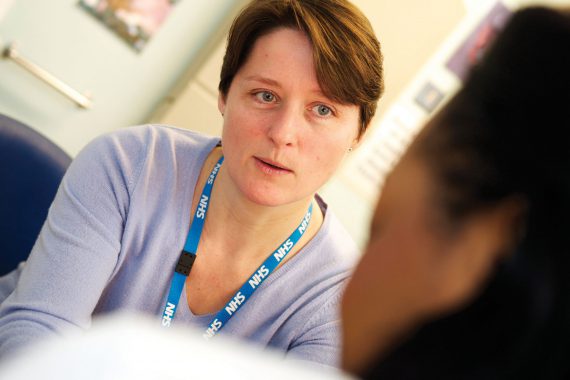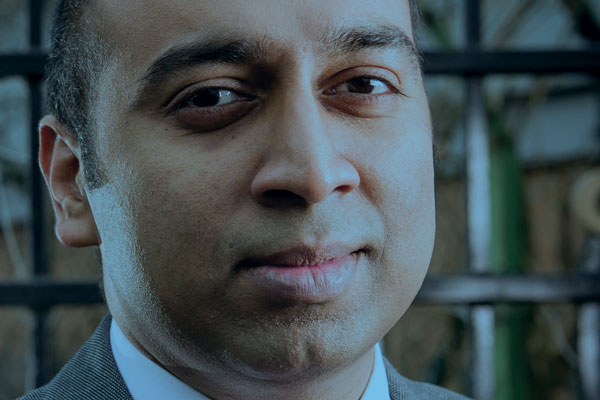We have to defend continuity of care in general practice


What’s special about general practice? If you ask five GPs that question you are guaranteed to get about 20 different responses. While they will all have their own reasons, most of them will include one thing – and that is continuity of care.
The biggest strength of general practice is the independence it offers GPs to look after their patients in the way that’s needed, whilst providing them with continuity of care that is rarely seen in any other area of the health service. Indeed, in a survey by the BMA, 80% of GPs highlighted this as one of the elements of general practice that they valued the most.
I have to be honest and say that this was not something I had spent a lot of time thinking about in the past. Having recently moved surgeries so that I can work closer to home, I found meeting ‘new’ patients for the first time and not knowing any of them a very odd experience.
Three months in, I am slowly getting to know them. Call me old fashioned, but I love it when an interaction between a doctor and a patient is more than a one-off consultation about a medical problem. A relationship that builds with every consultation, a relationship that improves patient care and one that makes me go home wanting to come back the next day. It stops patients from being over-medicalised and allows us to look after them as a person rather than a medical problem. That is what is special about general practice.
Policymakers seem to focus on access at the expense of this key tenet of general practice
I can quote any amount of research showing:
- How increased continuity of care improves patient mortality.
- That patients who see the same GP a greater proportion of the time experience fewer admissions to hospitals compared to other patients. This concept may have started in general practice, but it is becoming apparent that continuity of care improves mortality improves mortality in non-GP settings too.
- How continuity of care leads to more satisfied patients and staff, reduced costs and better health outcomes.
Sadly though, some policymakers seem to focus on access at the expense of this key tenet of general practice. There is no doubt that over the last few years the demand on the health service has increased dramatically, and we do need to address that. But, being ignorant about the value of continuity of care has resulted in now only 27.2% of patients being able to see their own GP compared with 37.5% in 2012. So, while evidence seems to show that continuity of care improves outcomes, we seem to be travelling in the opposite direction in England.
This week’s conference of the LMCs in England features continuity of care across the agenda. The themed debate on the partnership model will ask some fundamental questions about the future of the model, which in effect is the discussion about the future of the profession.
General practice is changing and GPs are adept at dealing with that as demonstrated time and time again. But, I put to you, that whatever the policymakers decide about the future, the profession needs to stand firm and make it clear that general practice without continuity of care is not general practice at all.
Dr Krishna Kasaraneni is a GP in Yorkshire and BMA GP committee executive team member
Pulse October survey
Take our July 2025 survey to potentially win £1.000 worth of tokens










